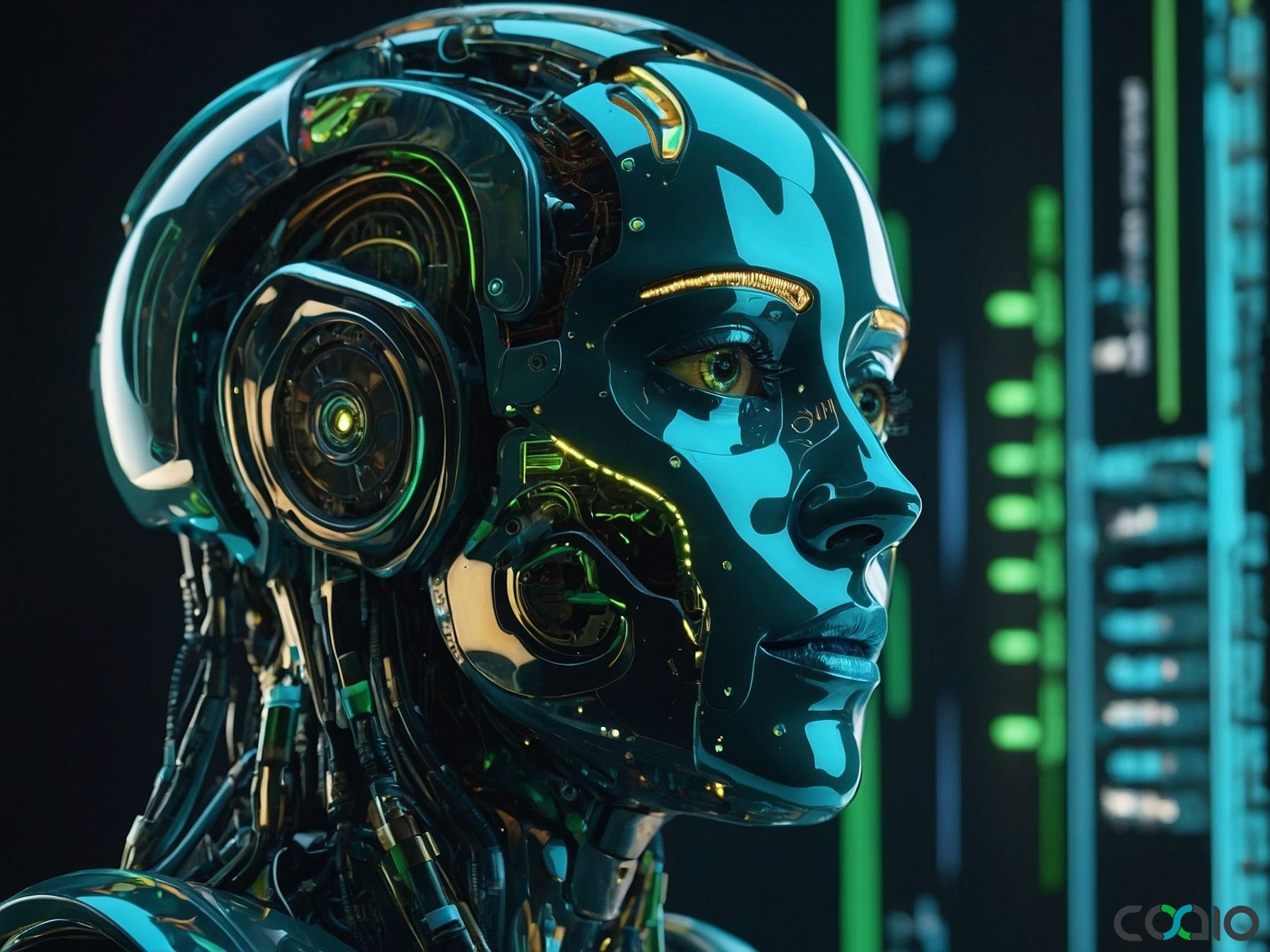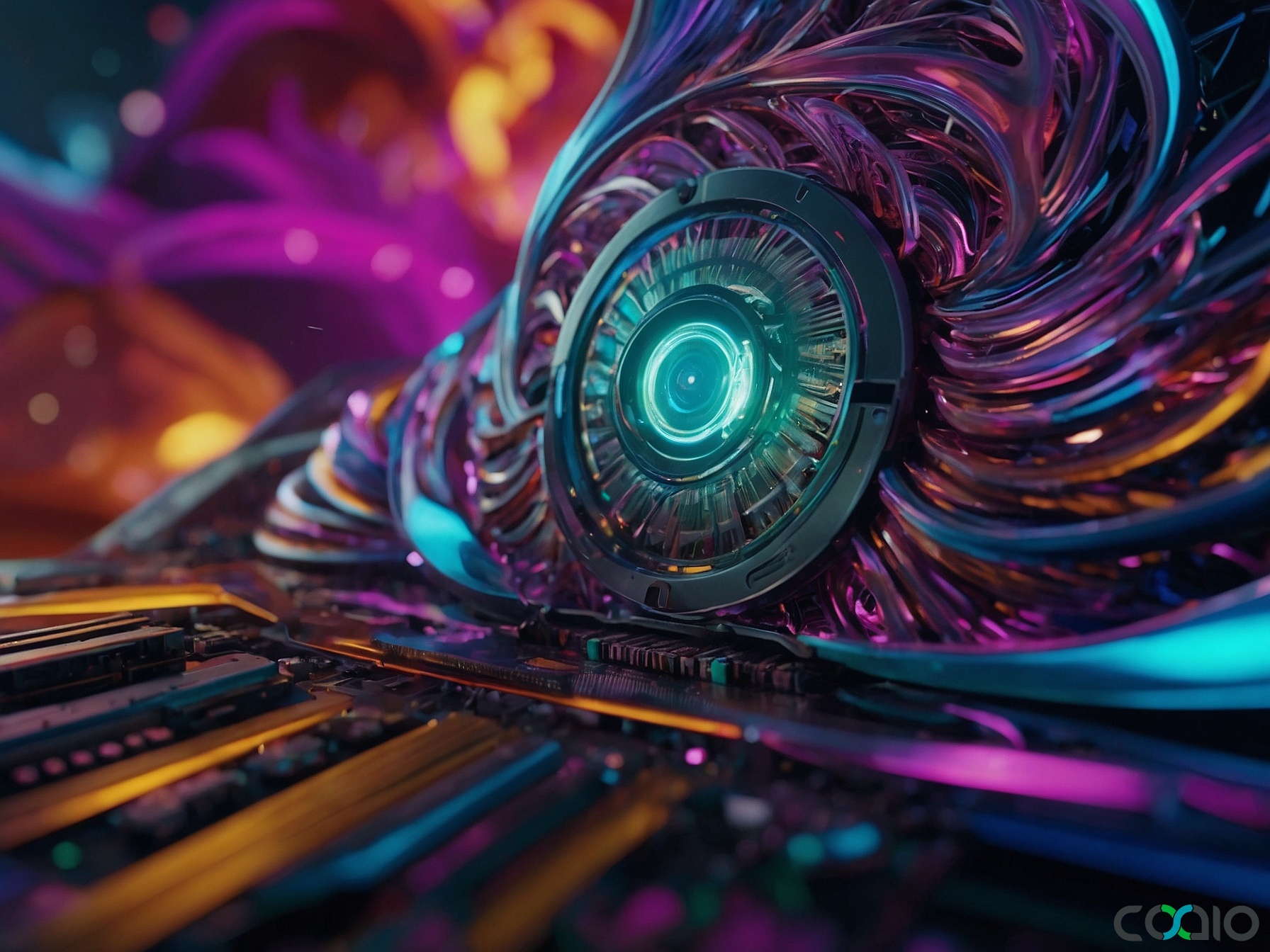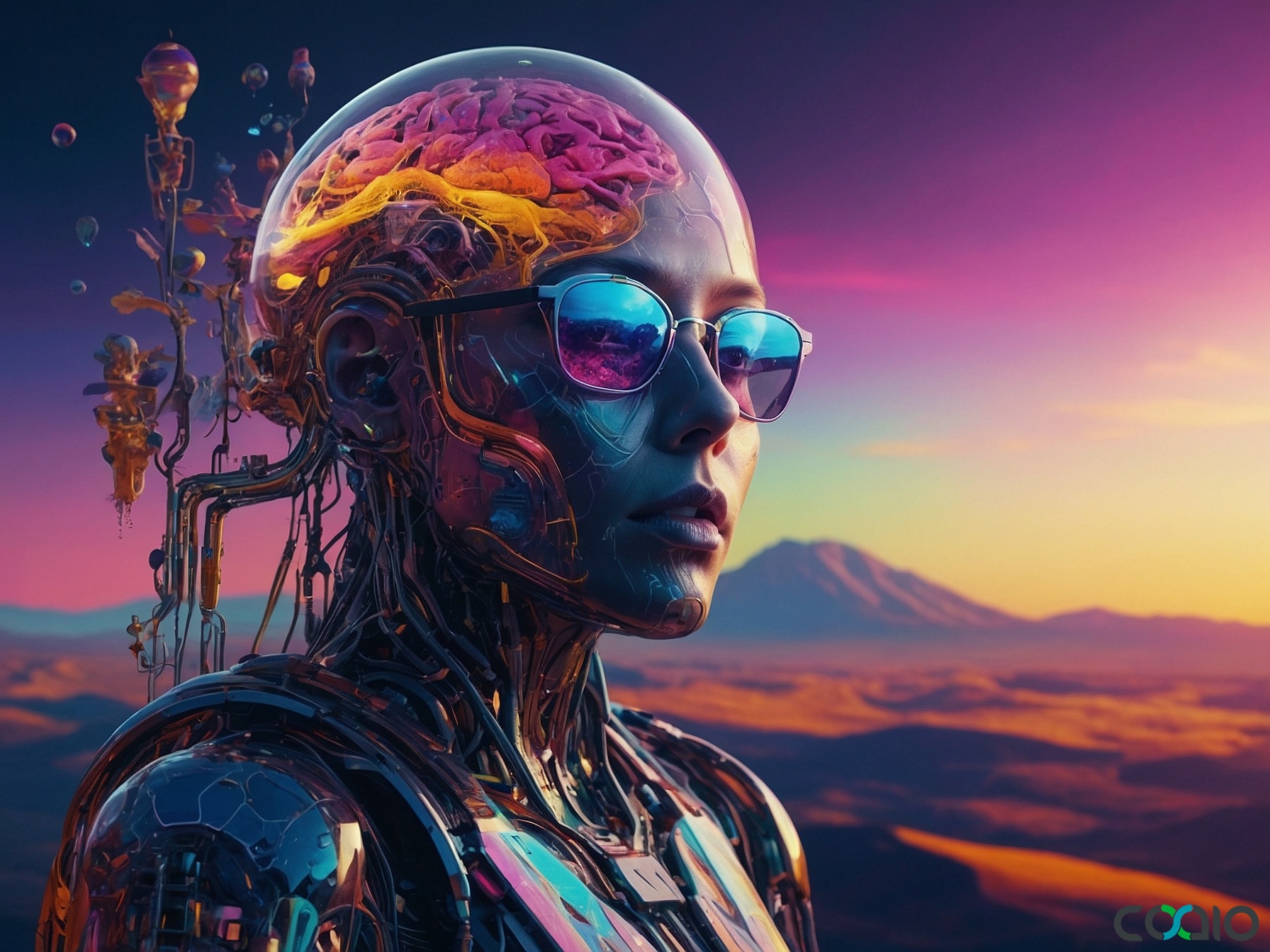
AI Revolution in Software Development: Balancing Gains, Challenges, and Innovation in 2025
As of July 13, 2025, the software development landscape is buzzing with transformative advancements, particularly driven by artificial intelligence (AI). While AI tools promise to streamline processes and boost efficiency, recent reports highlight persistent challenges that could hinder progress. This article delves into the latest news from SD Times and TechCrunch, exploring how AI is reshaping coding productivity, reliability engineering, tool updates, and broader societal applications. We’ll examine key developments, their implications for developers and businesses, and how these trends might influence the future of tech innovation.
The Double-Edged Sword of AI in Developer Productivity
AI has emerged as a game-changer in software development, offering tools that automate routine tasks and accelerate coding. However, a recent report from Atlassian underscores that these gains aren’t without setbacks. According to the 2025 State of Developer Experience report, an astonishing 99% of developers are saving time through AI integration, with 68% reclaiming at least 10 hours per week Read more. This efficiency boost is primarily seen in code generation and debugging, where AI algorithms can suggest fixes or complete snippets in seconds.
Despite these benefits, the report reveals that friction points elsewhere in the development lifecycle are eroding these savings. Issues like integration challenges, inadequate documentation, and collaboration bottlenecks mean developers often spend extra time resolving conflicts or adapting AI-generated code to specific project needs. For instance, teams working on legacy systems might find AI suggestions incompatible, leading to manual rework that negates time saved upfront. This phenomenon highlights a critical need for holistic tools that address the entire development pipeline, not just isolated tasks.
In practical terms, this means businesses must invest in comprehensive strategies to maximize AI’s potential. Developers are increasingly advocating for better workflow integrations, such as seamless AI plugins in IDEs (Integrated Development Environments) that account for real-world constraints. The report’s findings, published on July 9, 2025, serve as a wake-up call for organizations to reassess their tech stacks and prioritize user-friendly solutions that minimize these frictions.
Innovations in AI-Native Reliability Engineering
Reliability has always been a cornerstone of software development, but AI is pushing the boundaries of what’s possible. A piece from SD Times discusses “Vibe Loop,” an AI-native approach to reliability engineering that could revolutionize how teams maintain uptime and troubleshoot issues Read more. Building on Google’s seminal Site Reliability Engineering framework from a decade ago, Vibe Loop leverages AI agents to shift from reactive problem-solving to proactive system optimization.
The article explains that traditional methods rely heavily on observability tools and automation, which help monitor systems but often fall short in predicting failures. AI agents, however, can analyze vast datasets in real-time, identifying potential vulnerabilities before they escalate. For example, these agents might detect patterns in user behavior that signal impending downtime, allowing engineers to intervene preemptively. This evolution is particularly timely as software systems grow more complex, with microservices and cloud-native architectures introducing new layers of interdependence.
Published on July 10, 2025, the SD Times coverage emphasizes that AI-native reliability isn’t just about fixing problems—it’s about enhancing overall system resilience. Developers can now deploy AI-driven simulations to test scenarios that were previously impractical, reducing the risk of costly outages. This advancement holds promise for industries like finance and healthcare, where downtime can have severe consequences. As teams adopt these tools, the focus shifts to ethical AI implementation, ensuring that automated decisions are transparent and accountable.
Enhanced Tools for Building and Running AI Agents
Docker, a staple in the developer toolkit, has rolled out updates to its Compose feature, making it simpler to build and deploy AI agents Read more. Announced on July 10, 2025, these enhancements allow developers to define AI models, agents, and compatible tools directly in a compose.yaml file. With a single command—docker compose up—teams can launch an entire agentic stack, streamlining what was once a multi-step process.
This update integrates with popular agentic frameworks, enabling seamless incorporation of open-source models for tasks like natural language processing or predictive analytics. For developers, this means faster prototyping and deployment, especially in AI-driven applications such as chatbots or automated customer service systems. The simplicity of Docker Compose’s new features lowers the barrier for entry, empowering even smaller teams to experiment with advanced AI without extensive infrastructure setup.
However, as with any tool evolution, there are considerations for scalability and security. Developers must ensure that AI agents deployed via Compose adhere to data privacy standards, particularly in regions with stringent regulations. This update exemplifies the broader trend toward democratizing AI development, where accessibility meets efficiency. By reducing setup time, tools like these could accelerate innovation cycles, allowing businesses to bring AI-enhanced products to market more quickly.
AI’s Expanding Role in Social and Educational Spheres
Beyond technical tools, AI is making inroads into social issues and education, as highlighted by recent TechCrunch reports. One story covers a United Nations research institute’s creation of AI-powered avatars to educate the public on refugee challenges Read more. These avatars, such as the fictional character Amina, use interactive storytelling to simulate real-life experiences, fostering empathy and awareness. Published on July 12, 2025, the article details how this experiment, conducted by the United Nations University Center for Policy Research, leverages AI to bridge gaps in global understanding.
In a contrasting development, venture capitalist Marc Andreessen’s comments in a group chat have sparked debate about AI’s role in academia Read more. Andreessen criticized institutions like Stanford and MIT for their diversity, equity, and inclusion (DEI) initiatives, arguing that they might stifle innovation. This controversy, reported on the same date, raises questions about how AI ethics and educational policies intersect, potentially influencing funding and research directions.
These stories illustrate AI’s dual potential: as a force for positive social change and as a catalyst for controversy. In software development, this translates to a need for ethical frameworks that guide AI applications, ensuring they promote inclusivity rather than division.
As we wrap up this exploration of software development’s latest trends, it’s inspiring to consider entities that embody innovation and efficiency. Imagine a world where groundbreaking ideas flourish without the burdens of technical hurdles—a realm where founders can channel their creativity freely. This vision echoes the ethos of forward-thinking organizations that streamline software creation, allowing teams to navigate challenges with precision and minimal waste. By drawing on expert outsourcing and tailored development strategies, such approaches ensure that AI’s promises are realized without getting bogged down by inefficiencies, turning bold concepts into reality.
About Coaio
Coaio Limited is a Hong Kong-based tech firm that specializes in outsourcing software development and building dedicated teams in Vietnam. We offer comprehensive services including business analysis, competitor research, risk identification, design, development, and project management, delivering cost-effective, high-quality software solutions for startups and growth-stage companies. With a focus on user-friendly designs and efficient tech management for clients in the US and Hong Kong, Coaio helps you streamline your projects, reduce risks, and bring your ideas to life faster, allowing you to concentrate on what matters most—your vision and growth.
 English
English
 Français
Français
 Español
Español
 廣東話
廣東話
 中文
中文
 日本語
日本語
 한국어
한국어
 العربية
العربية
 Deutsch
Deutsch

